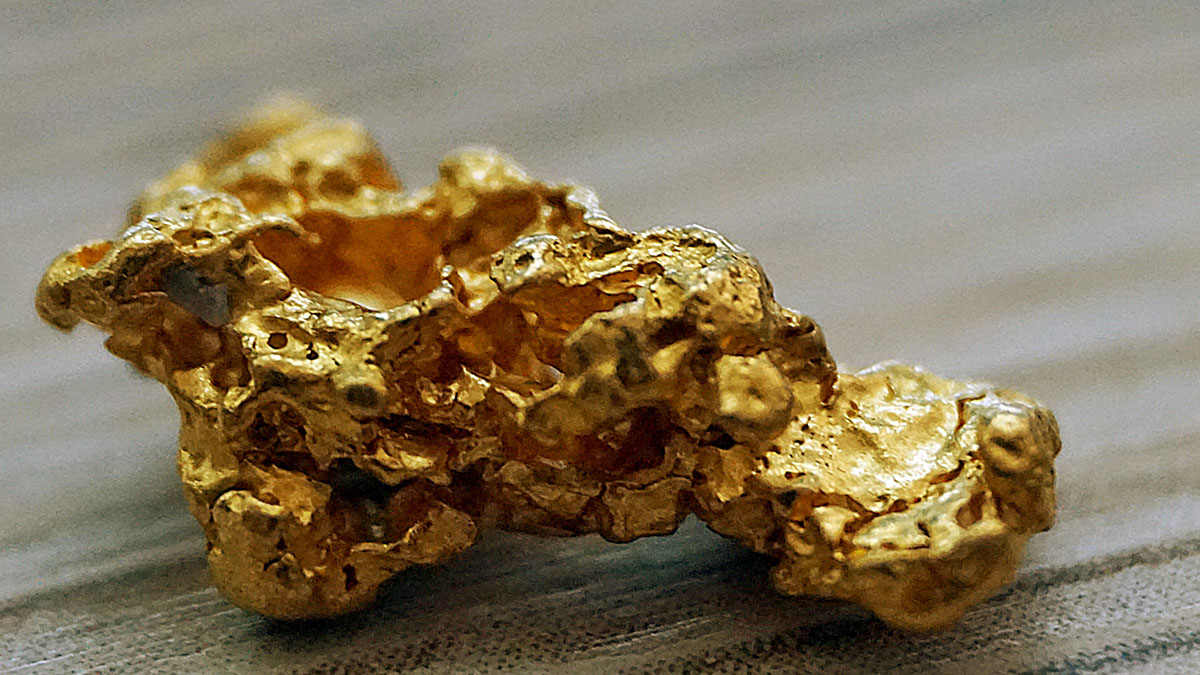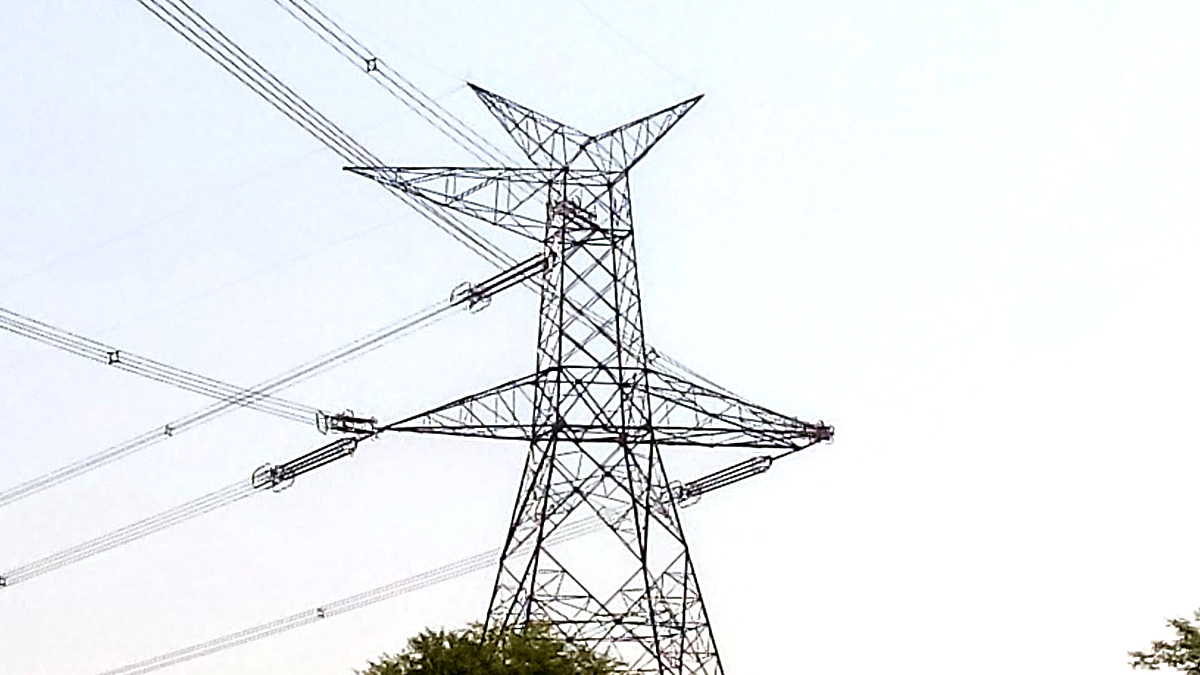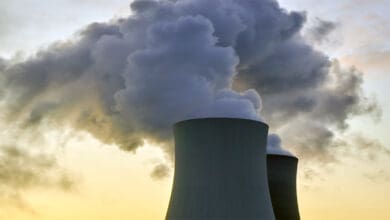As per National Mineral Inventory data, the total reserves/resources of gold ore (primary) in the country have been estimated at 501.83 million tonnes as on 1.4.2015; Out of these, 17.22 million tonnes were placed under reserves category and the remaining 484.61 million tonnes under remaining resources category. In India, largest resources of gold ore (primary) are located in Bihar (44%) followed by Rajasthan (25%), Karnataka (21%), West Bengal (3%), Andhra Pradesh (3%), Jharkhand (2 %). The remaining 2% resources of ore are located in Chhattisgarh, Madhya Pradesh, Kerala, Maharashtra and Tamil Nadu. Cost of extraction of any mineral including gold vary from mine to mine.
Geological Survey of India (GSI) is actively engaged in geological mapping followed by mineral exploration (survey) for various mineral commodities including gold with the aim to identify potential mineral rich zones and establish resources. Every year, as per approved annual Field Season Program, GSI takes up mineral exploration projects in various parts of the country for augmenting mineral resource.
Recently, Government of India has amended the MEMC Rules to allow auction of composite licence at G4 level for deep seated minerals including Gold. This is expected to bring more participation from private players with advance technology in the field of exploration & mining of deep seated minerals which is expected to reduce cost of extraction of gold.
Currently, there is no proposal to restart the closed gold mines.













